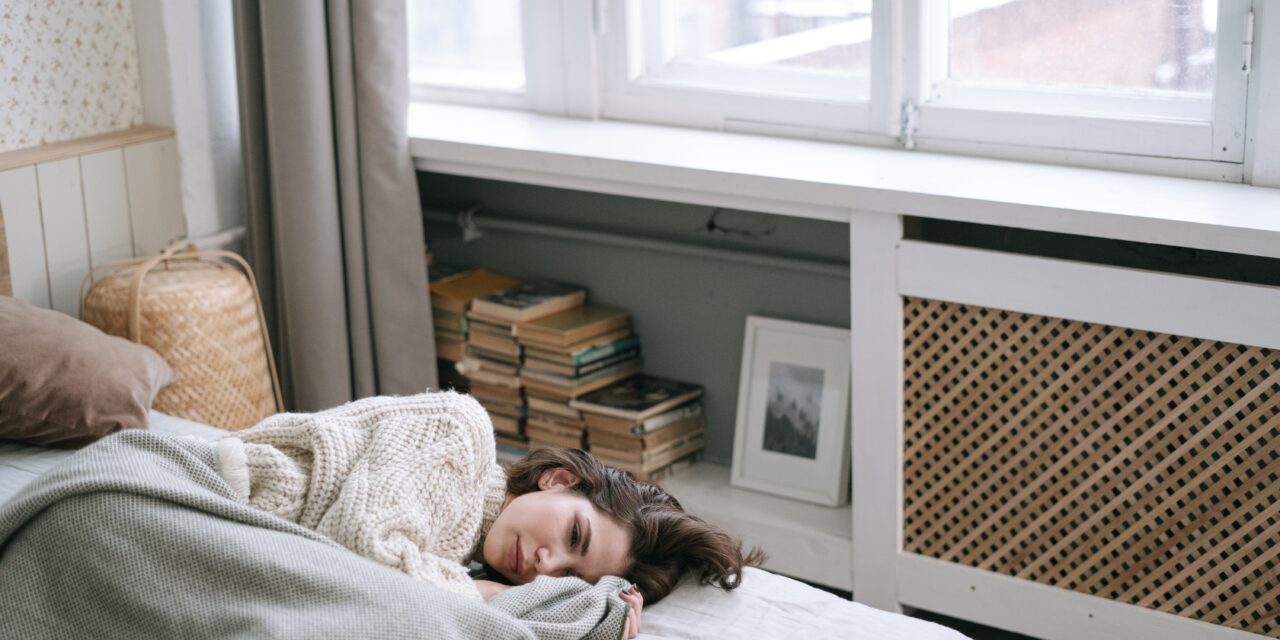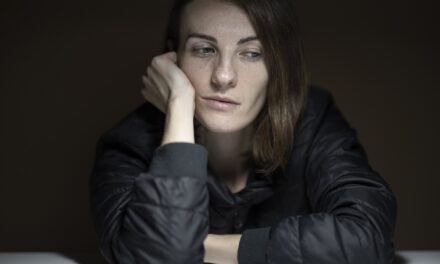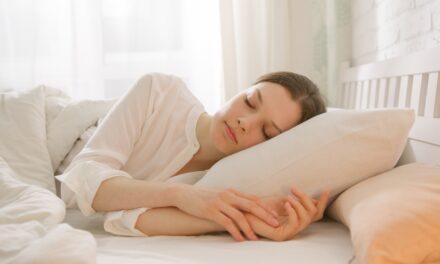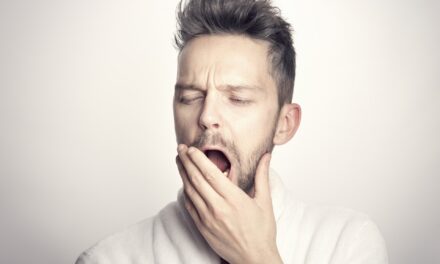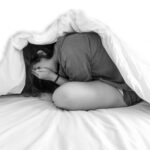There is nothing more frustrating than still feeling tired, even after you have been sleeping for longer. Sometimes, sleeping for a little bit longer can make you feel much more refreshed, but other times it just makes you feel even worse than you did when you were getting less sleep.
If this is something that has happened to you, you might be left wondering why it happens, and how you can avoid it. We have all tried to reward ourselves with an early night or a lie-in in the morning, but the whole point is to wake up in the morning feeling awake and well-rested.
When this doesn’t happen, it can leave you feeling defeated. Thankfully, there is actually a reason behind this that explains why you feel more tired after sleeping more, and this is something that we are going to explore in this article.
What to expect from our article
Why Do I Feel More Tired When I Sleep More?
The reason that you feel more tired when you sleep more is that every person will have their own circadian rhythm, which is a tiny clock inside the body that regulates when you feel tired or not. This rhythm has cycles of both deep and light sleep, and light sleep is much easier to wake up from.
If you are waking up feeling more tired and groggy than you usually do, and you have slept for longer, it is a sign that you have disrupted your internal clock. Sleeping for too long is the main cause of this, and extending your night’s sleep to 10 or more hours will increase the chances of you waking up from a deep sleep cycle. This is likely to leave your body confused, making you feel more tired.
How Long is Too Long to Sleep?
The amount of sleep that you need will vary a lot over the course of your lifetime, depending on your age and activity level, as well as your general health and lifestyle habits. For example, you may need to sleep more when you are unwell. Even though the amount of sleep that you need can vary at times, it is recommended that adults sleep for between 7 and 9 hours every night.
Reasons Why Some People Sleep Too Much
There are lots of things that can explain why someone sleeps too much. One of these reasons could be that a person has a sleep disorder. Things like alcohol and some prescription medicines can also lead to oversleeping. As well as this, some medical conditions like depression can cause people to sleep for too long. Alternatively, some people just like to get a lot of sleep.
How Can I Keep My Body Clock On Track?
If you want to try to keep your body clock on track, there are some things that you can do to help. We will leave a list of things that you can do to help you to feel more well-rested in the mornings below.
Go to Sleep and Wake Up at the Same Time
Something that can help to keep your body clock on track is to go to bed and wake up at the same time every day, including on weekends. Your cycle will adjust if there is a regular schedule to follow. The most important part of this is the time when you wake up. If you go to bed an hour late, often waking up an hour later will not help.
Avoid Late Naps
It is also beneficial to avoid having a nap after 3pm, as it is much better to nap according to your circadian rhythm. For most people, this means that having a nap in the early afternoon, between the hours of 1pm and 3pm usually works best. If you do have a nap, try to make it last either 30 or 90 minutes. If you were to nap for longer than 30 minutes, but less than 90 minutes, you may end up entering slow-wave deep sleep, which will make you feel groggy when you wake up.
Avoid Late Alcohol or Caffeine
You should also try to avoid drinking alcohol or caffeine close to the hours of bedtime. For caffeine, you should stop drinking it after around 2 or 3 pm. You should stop drinking alcohol around 2 or 3 hours before you go to sleep. Both of these things will keep you out of deep sleep at night, making you feel poorly rested in the morning, which makes you feel like you need to sleep for longer.
Other Things That You Can Try
If you want to ensure that you wake up at the right time and don’t oversleep, you should:
- Expose yourself to bright morning light
- Try to exercise earlier in the day, rather than late at night
- Avoid having a lie in on the weekend
Sleep Disorders
Sometimes, even though you try your best to get a good night’s sleep and wake up feeling refreshed in the morning, it just isn’t working. Some people suffer from sleep disorders, which majorly affect their sleep. There are several different types of sleep disorders, but two of the most common are obstructive sleep apnoea and periodic limb movements.
Obstructive Sleep Apnoea
Obstructive sleep apnoea causes you to stop breathing during the night for up to 30 seconds at a time. You will then wake up momentarily gasping for air, as your brain starts to panic. You only wake up briefly, so some people don’t even notice it happening. This will happen multiple times throughout the night.
It is common for people with obstructive sleep apnoea to wake up with a dry mouth, a headache, and general tiredness. These people are very likely to feel tired during the day, have brain fog, struggle to pay attention, and experience low moods.
Sleep apnoea causes fragmented sleep, which is why it causes daytime sleepiness. Some people will find that the more they sleep, the worse they feel, as their brain is starved for oxygen.
Periodic Limb Movements
This is something that can range anywhere from small twitches to full kicks that occur every 9 seconds or so at certain times throughout the night. For some people, these movements will wake them up multiple times throughout the night, which makes them feel tired in the morning. This is another condition that can make you feel more tired the longer you sleep.
Is Oversleeping Bad For You?
Something that many people don’t realize is that regularly oversleeping can have just as much of a negative impact on your health as undersleeping. Sleeping for too long over time can lead to:
- headaches
- obesity
- diabetes
- back pain
- depression
- heart disease
- increased risk of death
Do People With Hypersomnia Sleep Too Much?
For some people, like those that suffer from hypersomnia, oversleeping can actually be a medical disorder. This condition makes people feel extremely tired throughout the day, and this usually isn’t helped by napping. It can also cause people to sleep for unusually long periods of time at night. Lots of people that have hypersomnia will experience symptoms of anxiety, low energy, and memory problems.
Why Do People Keep a Sleep Diary?
Some people find it helpful to create a sleep diary when they are having concerns about their sleep. They can then include everything that is relevant about their sleeping habits and routine, and what is happening. They might write about continuous bad dreams, waking up multiple times throughout the night, and more, depending on what they are experiencing.
This can be something that comes in really handy if you ever make an appointment with a doctor to discuss your sleep, as you will have everything they need to know written down in one place. If you are concerned about your own sleep, you might want to keep a sleep diary to keep track of all of your sleep occurrences.

